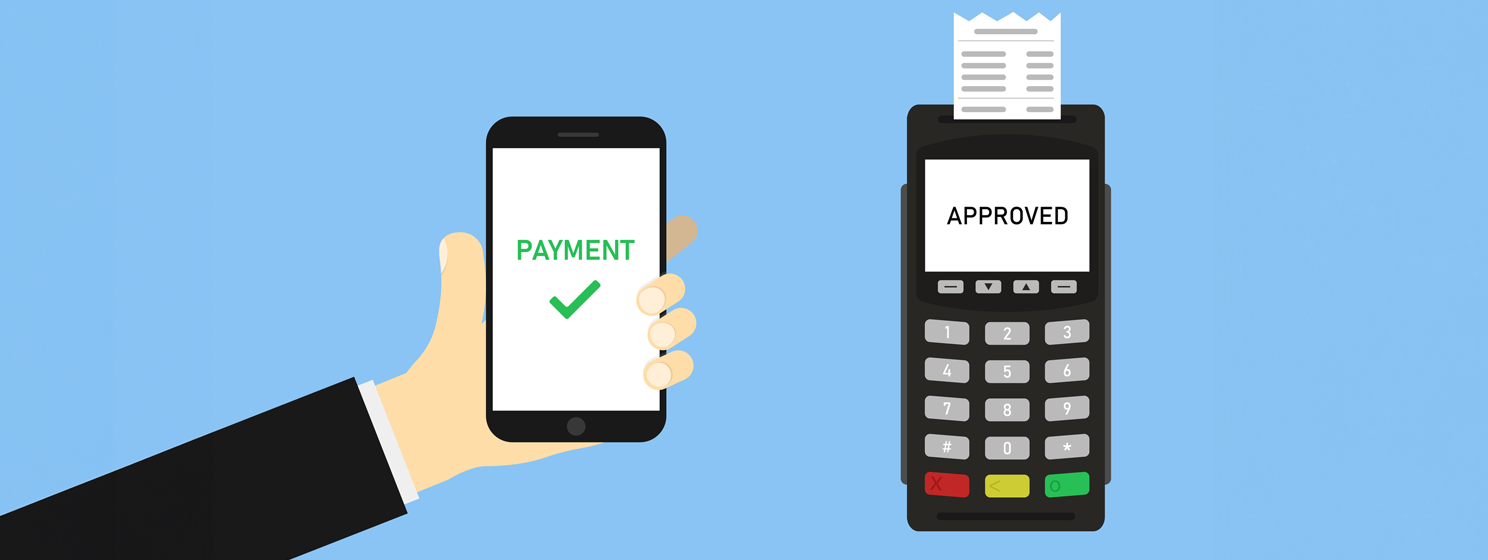|
Getting your Trinity Audio player ready...
|
Senators Thom Tillis (R-NC) and John Hickenlooper (D-CO) have reintroduced the Proving Reserves of Others Funds (PROOF) Act, which aims to prevent digital asset custodians from co-mingling customer assets with company funds and strengthen reserve transparency requirements.
The Act, first introduced in October 2023, is a bipartisan bill requiring digital asset companies to undergo monthly third-party proof-of-reserves (PoR) audits. The audits would verify that firms hold sufficient assets to match customer liabilities, with results being submitted to the U.S. Treasury Department and made public.
Firms failing to comply would face civil fines, with increased penalties for repeat offending.
“The PROOF Act would improve regulation of the cryptocurrency industry by explicitly prohibiting the co-mingling of industry funds, while also setting a strong transparency standard with the already-used industry best-practice of PoR,” said Senator Tillis. “Combined, these two steps will help build trust that investors, both institutional and retail, can engage in digital asset markets.”
The bill was originally a response to the November 2022 collapse of FTX, the now notorious digital asset trading platform founded by former-crypto-golden-child-turned-convict Sam Bankman-Fried. The downfall of FTX resulted in losses of around $8 billion to customers and $1.7 billion to investors, not to mention the knock-on effect on the digital asset space, precipitating the 2022′ crypto winter.’
The FTX fiasco came about when a huge hole in its balance sheet was revealed in early November 2022; a hole it had been papering over with its native token FTT. The largest holder of FTT, Binance, subsequently threatened to sell all its FTT tokens, which caused the token’s price to plummet. This exposed the hole in FTX’s reserves and led to the exchange filing for bankruptcy.In the aftermath, it was discovered that FTX had been ‘printing’ more FTT to cover up the substantial losses of its sister firm Alameda Research, the investing arm of the company, which had been using customer funds to make risky investments that didn’t pan out.
The PROOF Act aims to prevent future such disasters by standardizing the digital asset industry’s solvency reporting practices and adopting PoR as a regulatory requirement rather than a voluntary practice.
“The FTX fiasco was a direct result of mismanagement and grossly unethical decision-making, leading to significant fraud and loss of investor funds,” said Senator Tillis. “Americans deserve better assurances regarding their deposits and the solvency of these platforms.”
Echoing this sentiment, Sen. Hickenlooper called the bill’s provisions “commonsense safeguards” and emphasized that it would “make crypto companies more transparent and hold them to the same standards as everyone else.”
The reintroduction of the PROOF Act comes amid frenetic activity on the Hill to produce clear regulation for the digital asset industry, with stablecoin bills progressing in both the Senate and House of Representatives and discussions ongoing about the shape a broader digital asset framework would take.
Watch | Tech of Tomorrow: Diving into the impact of tech in shaping the future

 03-04-2026
03-04-2026 




